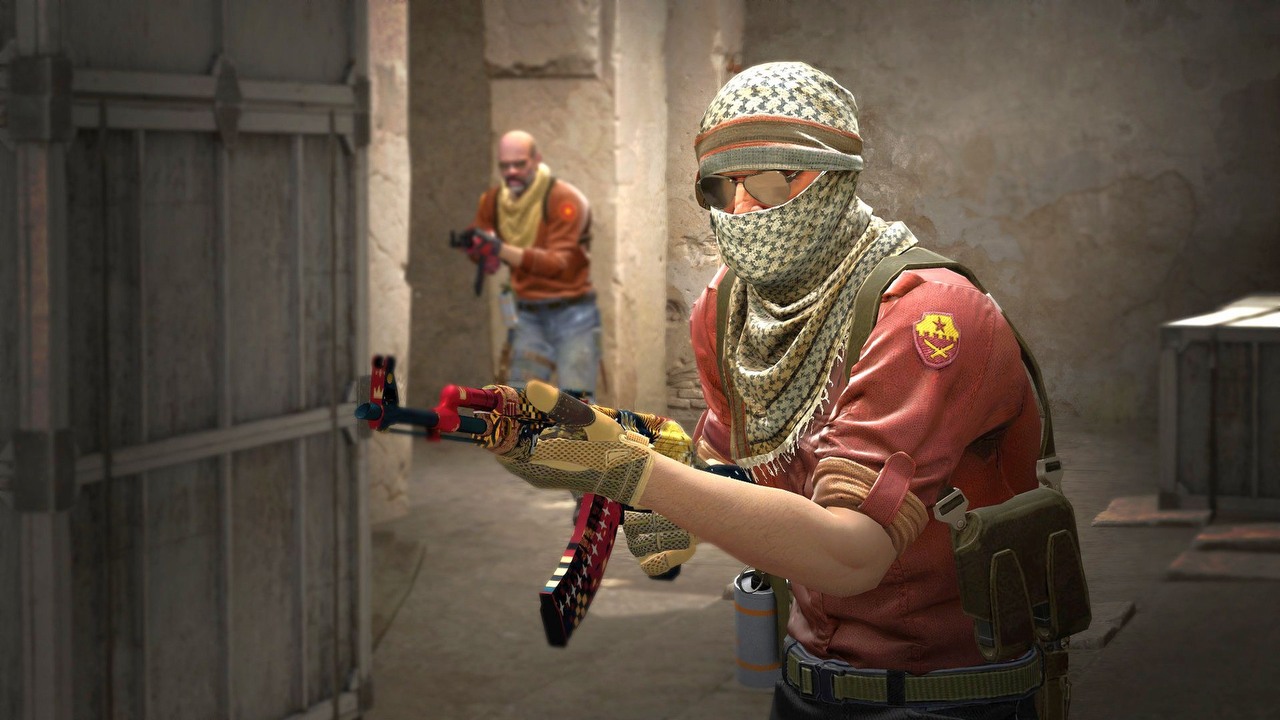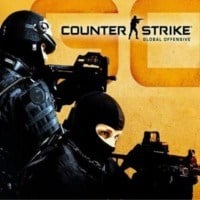What is Trust Factor in CS:GO And How to Increase It
CS:GO players are finding ways to increase their Trust Factor for better matchmaking. If you'd like to find out what these methods are, read on.

- Trust Factor affects which players are selected by the system for CS:GO matches;
- The higher the Trust Factor, the less likely we are to run into people who want to spoil your fun;
- Valve doesn't say what exactly determines the Trust Factor or how to determine it, but players are finding ways to figure it out.
In 2017, Valve decided to implement the so-called Trust Factor to Counter-Strike: Global Offensive , which significantly affects which players will be selected by the matchmaking system. In a nutshell the better our Trust Factor, the lower the chance that we will find people spoiling the fun: cheaters, AFKs, people spamming in the chat, and all the other users who are toxic in one way or another. Analogically: the worse our Trust Factor is, the higher the probability of getting on a server with such "delinquents".
How does the Trust Factor work?
On the official CS:GO tab on Steam, we can read what Valve has to say about the Trust Factor in the support section. Much to universal disappointment, they didn't give many details.
"At this time we are not providing the list of factors used in the Trust Factor matchmaking system. We don’t want players to have to worry about any particular action while they’re playing CS:GO or other games on Steam. Additionally, Trust Factor matchmaking will get continuous updates, and any list of factors would become outdated very quickly. [...]
The only way to improve your Trust Factor is to be a positive member of the CS:GO and Steam community. Trust Factor matchmaking will continue to be adjusted, but all players have to do to improve their matchmaking experience is continue playing CS:GO and other Steam games legitimately."
This doesn't mean that we have to wander in the dark in our search for the best possible Trust Factor. It is possible to determine what level our factor is at. If we join a ranked lobby with our friends, we'll see yellow or red warnings on their screens when they search for the game (the colors indicate a medium-low and very low Trust Factor, respectively). These will indicate that a person's Trust Factor is out of line with the rest of the lobby, which may affect the gameplay experience. If no one receives this information, then most likely our Trust Factor will be at a good level. It should be noted that the warning will also not appear if everyone in the group has a low Trust Factor (via afkgaming.com).
How do we increase our Trust Factor?
On various CS:GO forums, there are numerous guides on what to do to increase our Trust Factor. The rules that players talk about largely boil down to being "a good member of the Counter-Strike and Steam community." But what does that actually mean? We've rounded up the most popular pieces of advice:
- Be a good teammate; avoid behaviors that would cause others to report you;
- In addition to ranked games, play matches in Wingman mode or on community servers;
- Get compliments after a match from other players;
- Have a Prime account;
- Use Steam Guard;
- Participate in the Steam Community (comments, tutorials, ratings, etc.);
- If you have a private profile, make it public;
- Avoid kicking your fellow players out of a match;
- Rate Overwatch demos;
- And perhaps most importantly: don't cheat!
Of course, this is not an official guide from Valve, but many players confirm that following it has significantly increased their Trust Factor (or at least that's the impression they got).
If you're a fan of Valve's shooter, let us know if these tips helped you. And if you have your own methods, share them in the comments.
0

Author: Michal Ciezadlik
Joined GRYOnline.pl in December 2020 and has remained loyal to the Newsroom ever since, although he also collaborated with Friendly Fire, where he covered TikTok. A semi-professional musician, whose interest began already in childhood. He is studying journalism and took his first steps in radio, but didn't stay there for long. Prefers multiplayer; he has spent over 1100 hours in CS:GO and probably twice as much in League of Legends. Nevertheless, won't decline a good, single-player game either.
Latest News
- This is expected to be the biggest year in the company's history. Blizzard prepares an offensive that will overshadow previous years
- Bethesda envied CD Projekt RED? Starfield may undergo a Cyberpunk 2077-style metamorphosis
- Season 2 has just started, and Todd Howard is already writing the script for the third one. Fallout 5 will be changed by the TV show
- 5 games to grab on Amazon Prime Gaming. Among them, a collection of RPG classics
- My experience attending the 2025 Game Awards, and why I loved it


